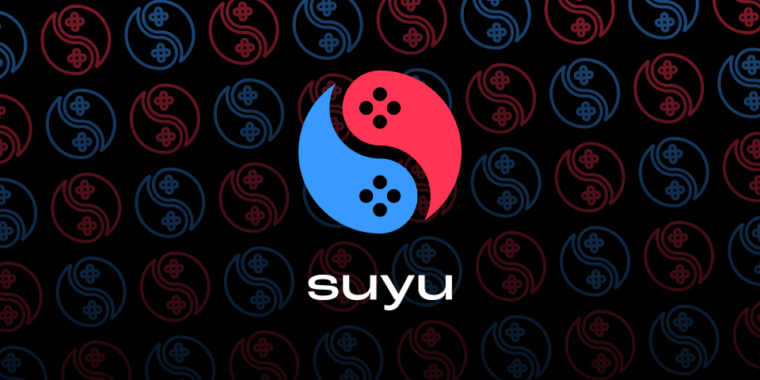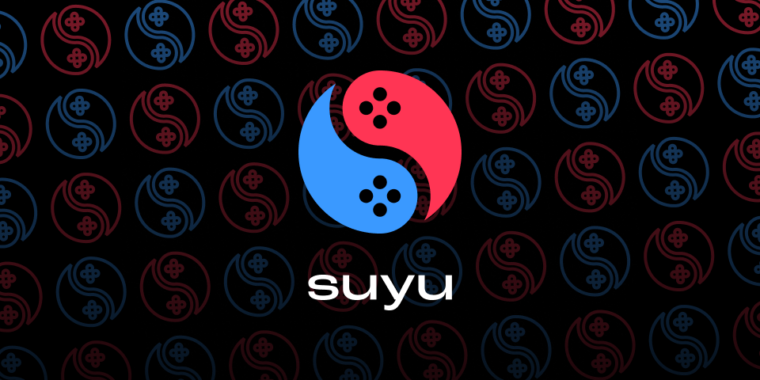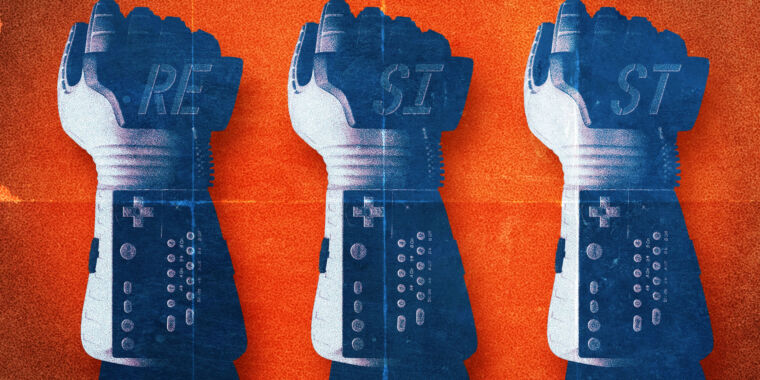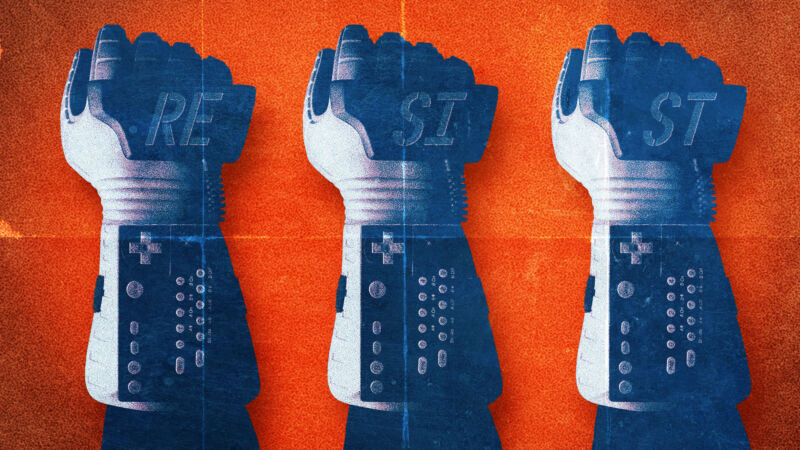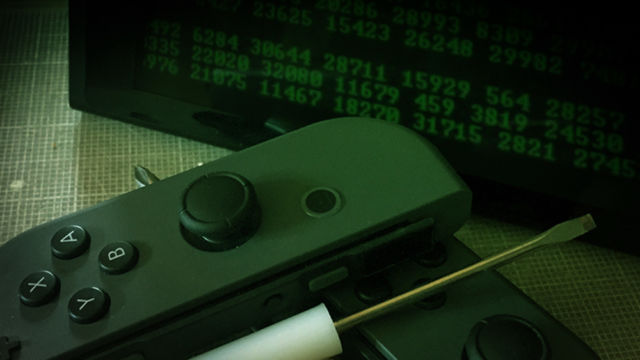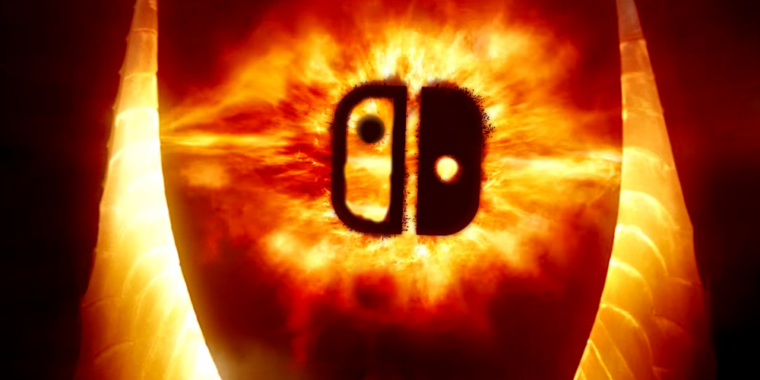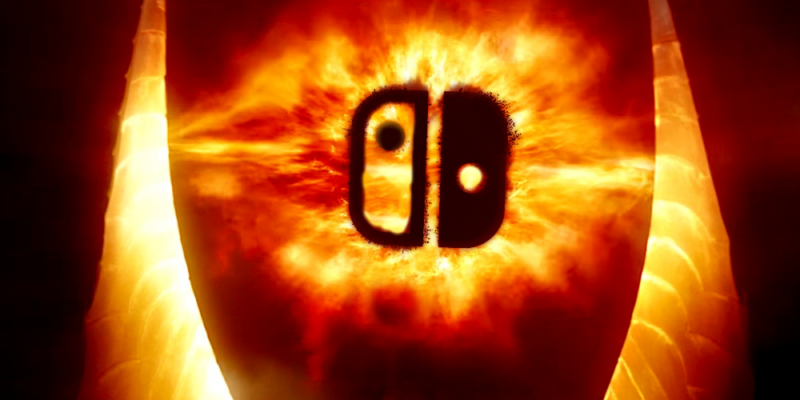Nintendo targets Switch-emulation chat servers, decryption tools with DMCA
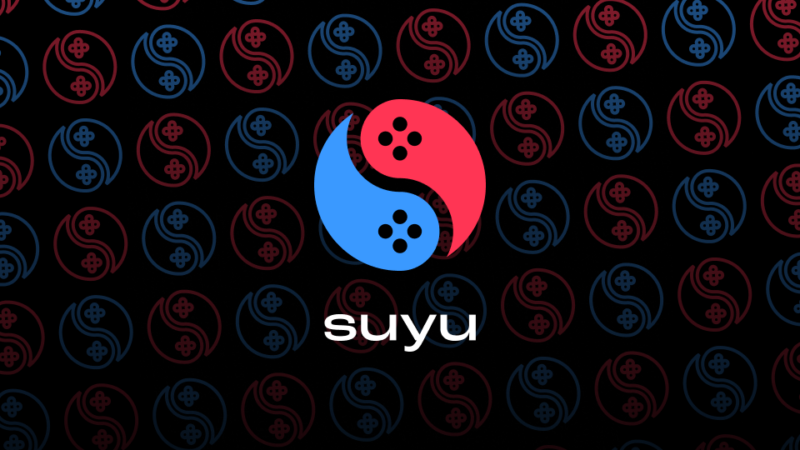
Enlarge / Is a name like “Suyu” ironic enough to avoid facing a lawsuit?
Suyu
Nintendo continues to use DMCA requests to halt projects it says aid in the piracy of Switch content. Discord has shut down the discussion servers associated with two prominent Yuzu forks—Suyu and Sudachi—while GitHub has removed a couple of projects related to the decryption of Switch software for use with emulators or hacked consoles.
The takedowns are the latest aftershocks from Nintendo’s federal lawsuit against Switch emulator Yuzu, which led to a $2.4 million settlement weeks later. Yuzu voluntarily shut down its GitHub page and Discord server as part of that settlement, though archived discussions from Discord are still accessible.
That settlement includes a section prohibiting the makers of Yuzu from “acting in active concert and participation” with third parties in the distribution or promotion of Yuzu or any clones that make use of its code. But there’s no evidence that anyone enjoined by that settlement is actively working with Suyu or Sudachi on their projects.
“Discord responds to and complies with all legal and valid Digital Millennium Copyright Act requests,” a company spokesperson told The Verge. “In this instance, there was also a court-ordered injunction for the takedown of these materials, and we took action in a manner consistent with the court order.”
On GitHub, Nintendo’s latest DMCA requests focus on two tools: Sigpatch Updater, which the company says “allow[s] users to bypass the signature verification” in Switch games, and Lockpick, which allows “unauthorized access to, extraction of, and decryption of all the cryptographic keys, including product keys, contained in the Nintendo Switch” on modded consoles, Nintendo says.
You can run…
Last month, one of the moderators behind the Suyu project told Ars Technica that Suyu had taken pains to avoid the legal pitfalls that tripped up Yuzu before it. That includes Discord server rules that strictly prohibited any discussion of piracy, including “asking for system files, ROMs, encryption keys, shader caches, and discussion of leaked games etc.”
Discord’s “Copyright & IP policy” requires complaints to include “a description of where the material you think is infringing is located on our services.” Both Suyu and Sudachi host their core emulation files on services separate from Discord.
Suyu began hosting its Git files locally after a takedown request on its GitLab repository was served late last month. Following the Discord takedown, the project now also hosts its own chat service via its website. Sudachi’s emulator files, meanwhile, remain available on GitHub as of press time.
The Discord server for Ryujinx—a separate Switch emulator that doesn’t share any code with Yuzu—remains active as of press time. “Nothing is happening to Ryujinx,” reads an automated message on that server. “We know nothing more than you do. No dooming.”
Nintendo targets Switch-emulation chat servers, decryption tools with DMCA Read More »
